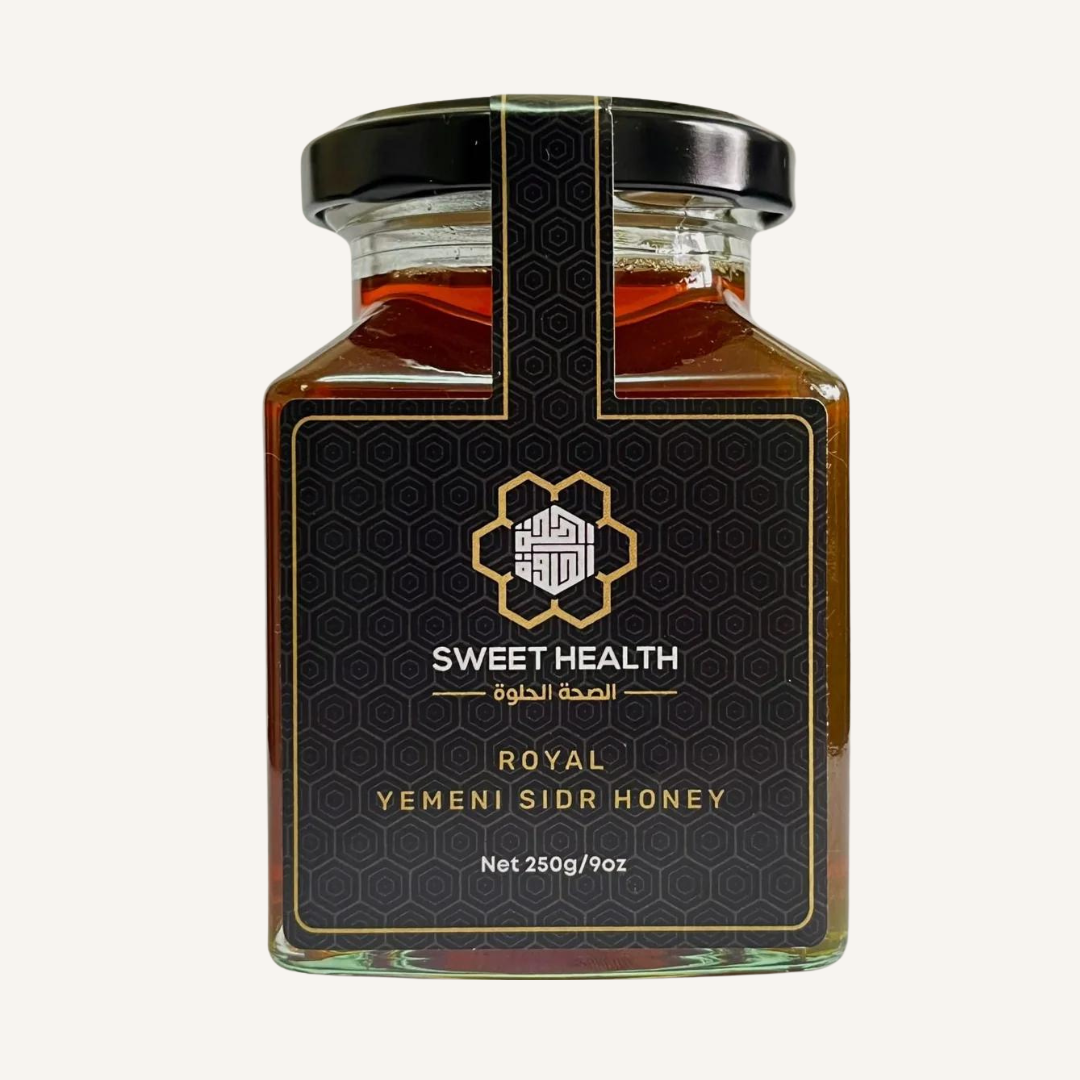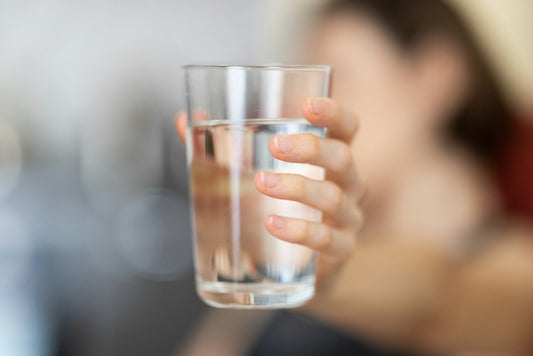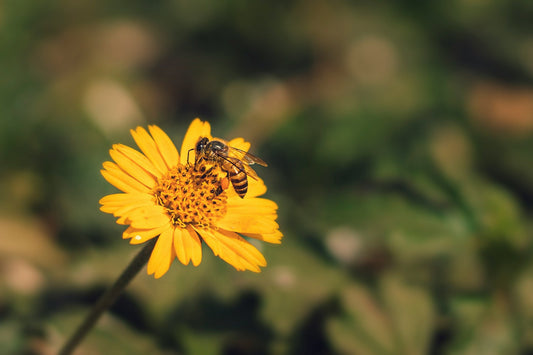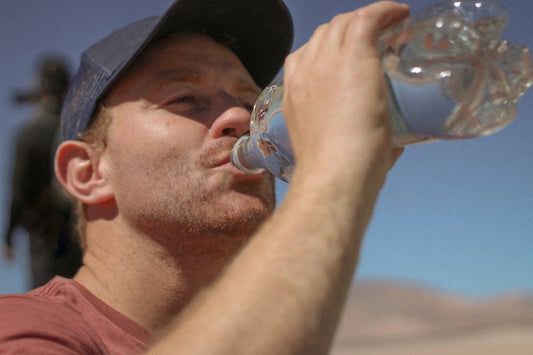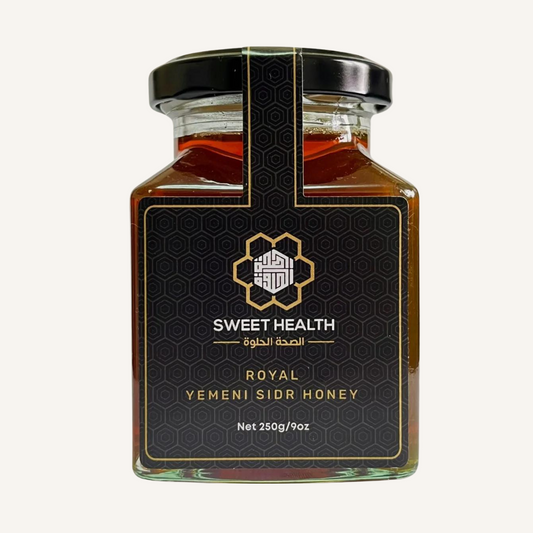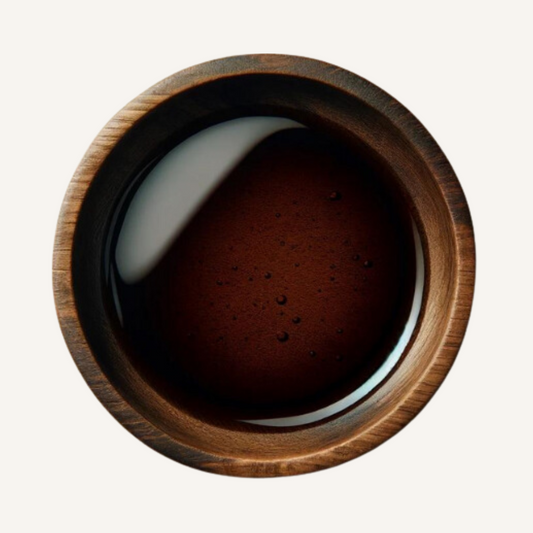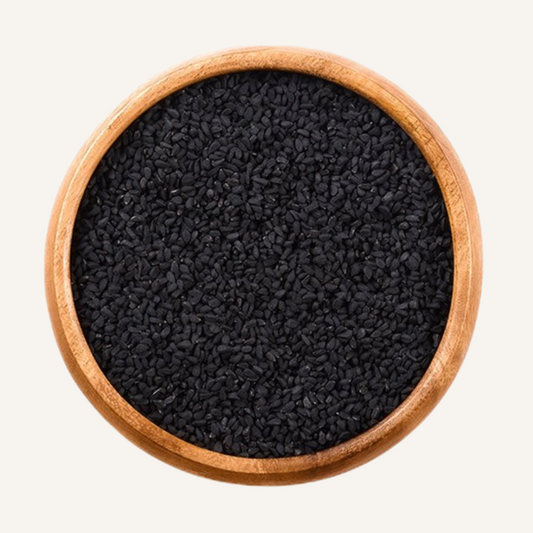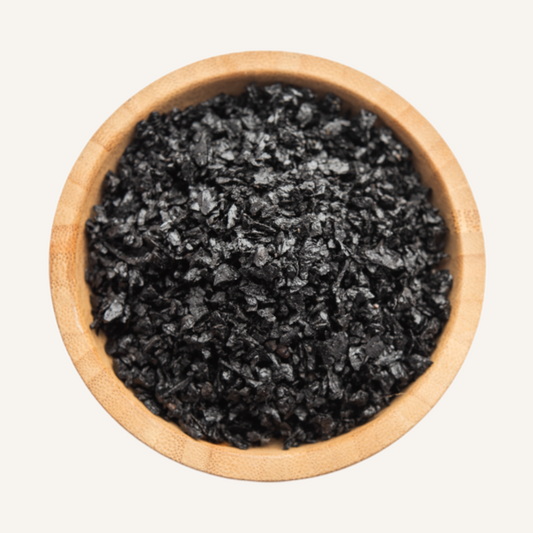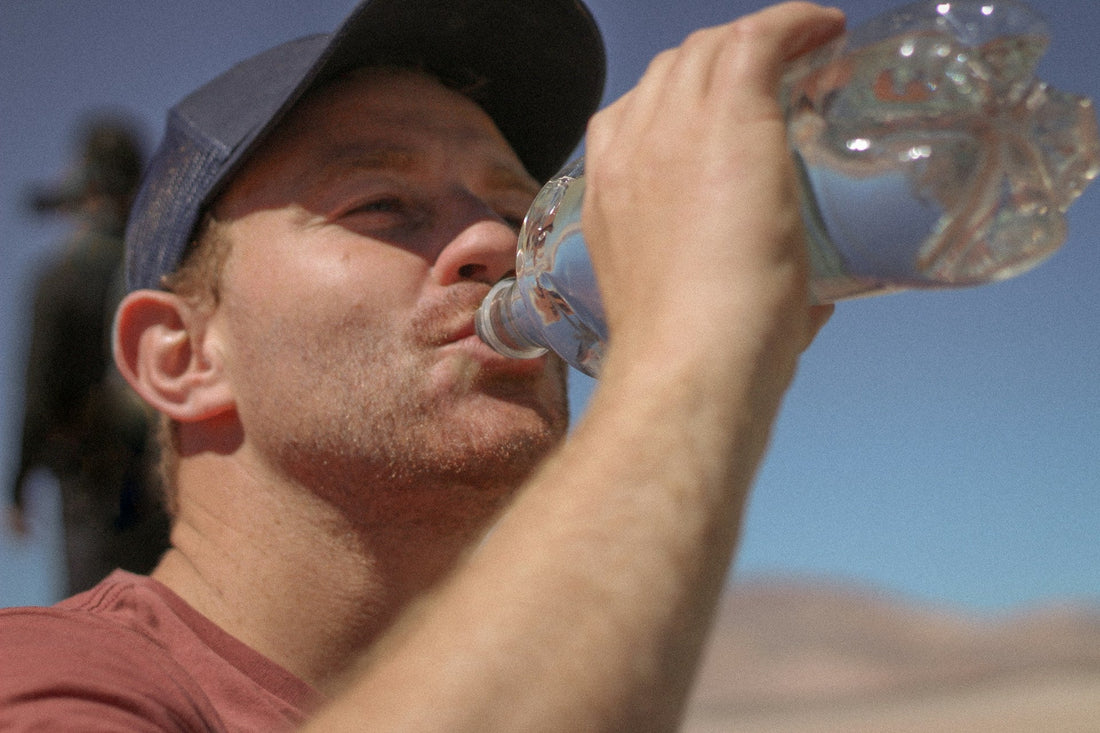
Hydration and Wellness: The Essential Connection
Abdullaah KhanShare
It’s one of the simplest health habits, yet so often overlooked, hydration.
While we’re busy chasing the latest wellness trends and superfood powders, many of us forget the most fundamental form of nourishment: water. It’s not just about quenching your thirst, hydration supports every major system in your body, from energy production to skin health, digestion to detoxification.
In this article, we explore the essential role of hydration in overall wellbeing, how to tell if you’re drinking enough, and how Sweet Health’s natural offerings can support your hydration goals.
Why Hydration Matters
Water makes up around 60% of the human body. It’s involved in virtually every physiological process, including:
-
Regulating body temperature
-
Aiding digestion and nutrient absorption
-
Flushing out toxins
-
Keeping joints lubricated
-
Supporting brain function and mood
Even mild dehydration can affect your concentration, energy levels, and physical performance. Over time, chronic dehydration may contribute to constipation, kidney issues, or headaches.
Tip: If you regularly feel tired, foggy, or hungry between meals, your body might actually be signalling thirst—not hunger.
How Much Water Do You Really Need?
There’s no one-size-fits-all number. Fluid needs vary based on your age, activity level, climate, and diet. That said, a good general guideline from the NHS suggests:
-
Around 6–8 glasses (1.5 to 2 litres) of fluids a day for most people
This includes water, herbal teas, milk, and low-sugar fruit juices. However, caffeinated drinks and alcohol can be dehydrating if over-consumed.
Signs You Might Be Dehydrated:
-
Dark yellow or strong-smelling urine
-
Headaches or light-headedness
-
Dry mouth or skin
-
Fatigue
-
Difficulty concentrating
Hydration Tips for Daily Life
Hydration doesn’t have to be boring, repetitive, or difficult. Here’s how to make it easy and enjoyable:
Start Your Day With Water
Rehydrate after sleep with a glass of room temperature water. For an added boost, squeeze in fresh lemon juice and a pinch of Himalayan Pink Salt from Sweet Health to support natural electrolyte balance.
Eat Your Water
Many fruits and vegetables are high in water content. Watermelon, cucumber, oranges, strawberries, and lettuce all contribute to your hydration status.
Infuse Your Flavour
If plain water feels too plain, try adding slices of fresh ginger, cucumber, mint, or berries to a jug of filtered water for a refreshing twist.
Sip, Don’t Gulp
Drinking steadily throughout the day supports better absorption and helps avoid bloating or overloading the kidneys at once.
Hydrate Smart During Fasting or Exercise
During Ramadan or intense physical activity, it’s essential to replenish fluids smartly. Coconut water, herbal teas, and Raw Royal Yemeni Sidr Honey in warm water can support hydration and natural energy without added sugars or artificial ingredients.
Beyond Water: Supporting Cellular Hydration
While water is vital, minerals and electrolytes play an equally important role in helping your body actually use the water you drink.
That’s where Himalayan Pink Salt comes in. Unlike table salt, which is highly refined, Himalayan salt contains trace minerals like magnesium, potassium, and calcium—making it a more supportive choice when used in moderation.
Pairing your hydration with electrolyte-rich foods like bananas, leafy greens, and nuts can further enhance water absorption at the cellular level.
Hydration & Skin Health
Skin is often the first place dehydration shows up—think dullness, flakiness, or tightness. Proper hydration keeps skin plump, clear, and more resilient to environmental stressors.
Try this: Mix a teaspoon of Sweet Health’s Organic Virgin Cold Pressed Egyptian Black Seed Oil into your routine. While it’s known for its antioxidant and anti-inflammatory properties, some users also report improvements in skin hydration and tone over time when used both internally (in moderation) and topically.
Common Myths About Hydration
“If I’m not thirsty, I’m fine.”
Thirst isn’t always a reliable signal—by the time you feel it, you may already be mildly dehydrated.
“All fluids count.”
Not exactly. While tea and milk do contribute to hydration, caffeinated drinks, sugary sodas, and alcohol may have a diuretic effect in large amounts.
“More is better.”
There’s no need to overdo it. Drinking excessive amounts of water in a short time can lead to an imbalance in electrolytes, a rare but serious condition called hyponatraemia.
Hydration as a Daily Ritual
Hydration isn’t just a biological necessity, it can also be a form of self-care. Set reminders to drink water, enjoy a calming herbal tea break in the afternoon, or keep a carafe of infused water on your desk as a visual prompt.
At Sweet Health, we believe that simple habits, done consistently, can lead to transformative wellness. Whether you start your morning with mineral-rich lemon water or wind down with herbal tea and a touch of raw honey, hydration can be a grounding daily ritual.
Final Thoughts
Proper hydration supports everything from your energy and digestion to your mood and mental clarity. It’s the foundation of natural health—and one of the easiest areas to improve with small, consistent actions.
So before you reach for another wellness supplement or spend hours researching the latest health trend, ask yourself, “Have I had enough water today?”
It could be the simplest, most effective wellness boost you’ll make all week.
